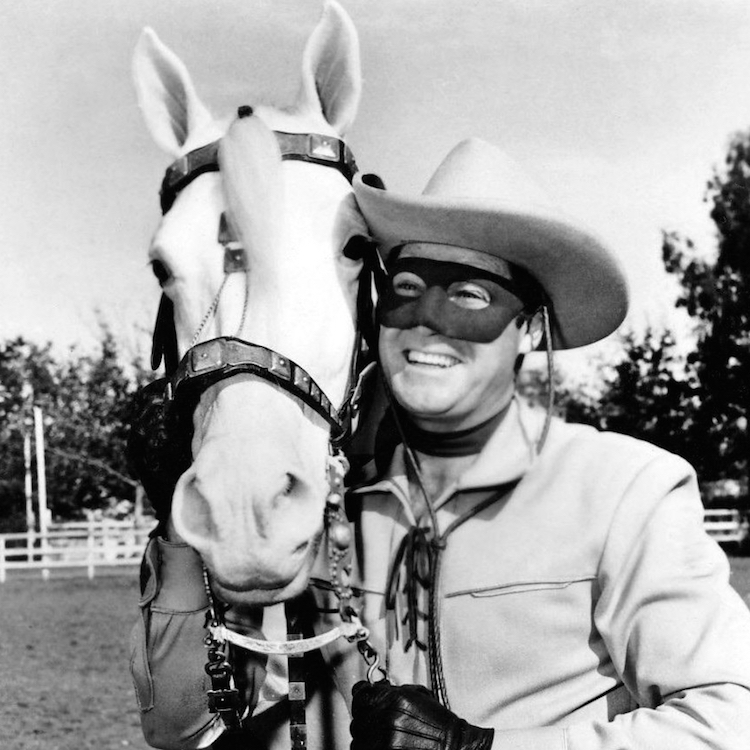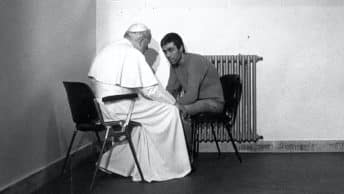I can somewhat identify with Rachel Dolezal, the Spokane NCAA director who was forced to resign when her claim to be black was revealed to be bogus. As a child I was the Lone Ranger. My parents believed I had an active imagination and was just pretending, but I knew better. I was that masked man . . . at least until I was called to dinner. Then I willingly put aside my mask and guns and accepted the less interesting but genuine reality about myself.
Dolezal seems to have been unable to distinguish between her fantasy life and genuine reality because she used her “black identity” to get a job representing black Americans and giving talks about experiencing racial discrimination as a black woman. (A confusing detail: on another occasion she reportedly complained about experiencing discrimination as a white student at a black university.)
Dolezal’s resignation from her NAACP position followed her parents’ public assertion that she is a white woman who is “irrational” and “disconnected from reality.” Her feeble response was that she is able to “identify as black” because having two black sons had led her to “experience blackness.”
Psychiatrist Keith Ablow notes the similarity between Dolezal’s black identity, Elizabeth Warren’s Native American identity, and Bruce/Caitlyn Jenner’s gender identity. All three cases, he says, suggest that our culture is embracing the notion that identity is malleable—that is, we can magically change our genealogy and gender and everything else about us. (One wit offered this humorous challenge to that idea: “If I say I am really a dog rather than a person, do I still have to file a tax return?”)
What should we think of Rachel Dolezal? To borrow the title of an 1890s tune (written about a very different kind of behavior), “She’s more to be pitied than censured.” Pitied because she has obviously been deceived by two false ideas promoted by Humanistic Psychology—notably by Carl Rogers and Abraham Maslow—since the 1960s.
- That truth and reality are subjective and created by the human mind
- That feelings are more reliable and trustworthy than reason
Dolezal is not alone in being deceived by those false ideas. Many college students feel that people who disagree with them must be ignorant or evil. (They therefore boycott appearances by such people on their campuses.) Many of today’s journalists feel that they have a right, even an obligation, to filter the news through their biases. And many politicians feel justified in putting the interests of lobbyists above the interests of their constituents.
Similarly, many people in inner-city neighborhoods feel all police are racists intent on denying them their rights and refuse to consider that such feelings are gross over-generalizations. Some of those people also feel that deliberative justice is a form of injustice and rioting is an appropriate response.
The problem for Dolezal and all the other people mentioned above is their embrace of irrational views. Truth and reality are objective rather than subjective—that is, they exist independently of the human mind and cannot be created by pretense. What we believe may or may not be consistent with the truth, and when it is not, the belief is wrong and harmful, not just to ourselves, but to society.
As for feelings, a more reasonable view is that though they can inspire us to good and even noble actions, they need to be tested before being trusted. All too often, they are capricious, depending on our moods. In some cases, they contradict one another. They also tend to invite self-deception and manipulation by others.
Our culture’s return to sound thinking about truth and reality, feelings and reason, will require the cooperation of many social agencies, notably the schools and the media. It will therefore be difficult to achieve. But the survival of all that is good in our society will depend on our achieving it.
Copyright © 2015 by Vincent Ryan Ruggiero. All rights reserved





